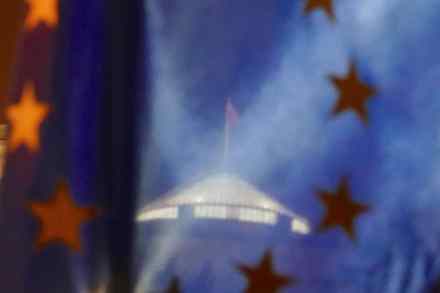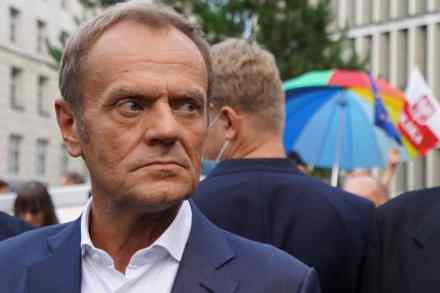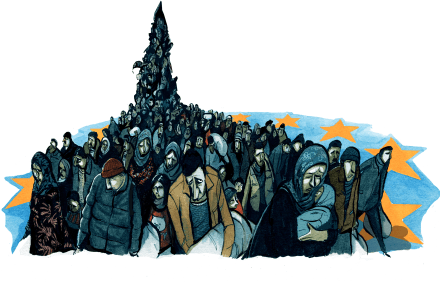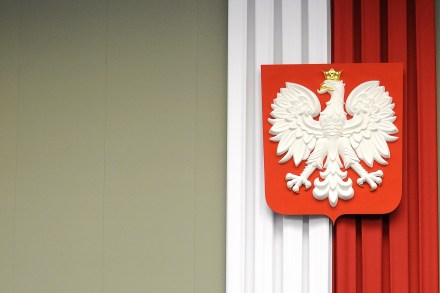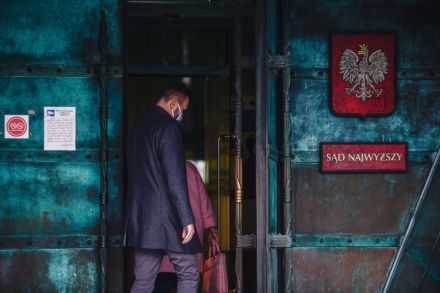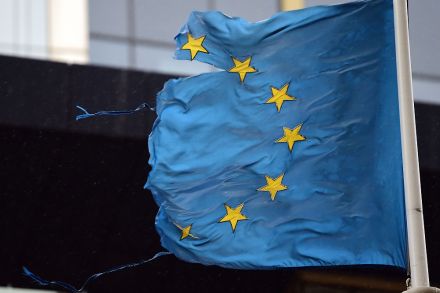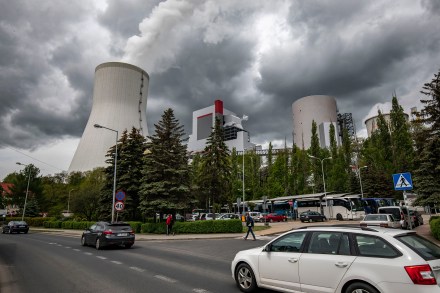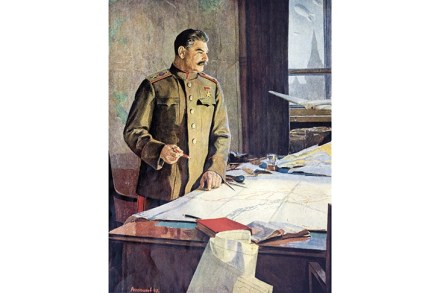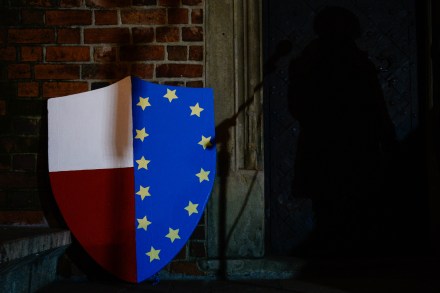Poland’s top court has finally called the EU’s bluff
For many years, the EU has posed as a kind of overbearing imperial leviathan, which insists its law has to prevail over that of the states that make it up. Now its bluff appears to have finally been called: the Polish constitutional court in Warsaw ruled yesterday that some EU laws are in conflict with the country’s constitution. Understandably, Brussels is not happy. But what can it do about it? The background to all this is a spat between Brussels and Warsaw about whether Poland’s machinery for appointing judges to its own courts is EU-compliant. Brussels says it is not, because under it judicial impartiality cannot be guaranteed. This, it says, is contrary to EU
